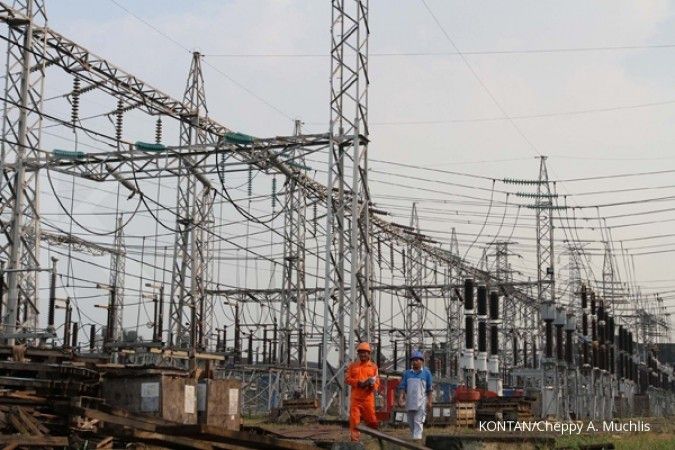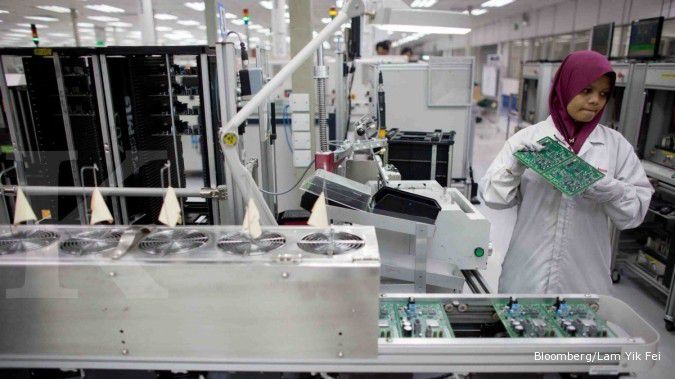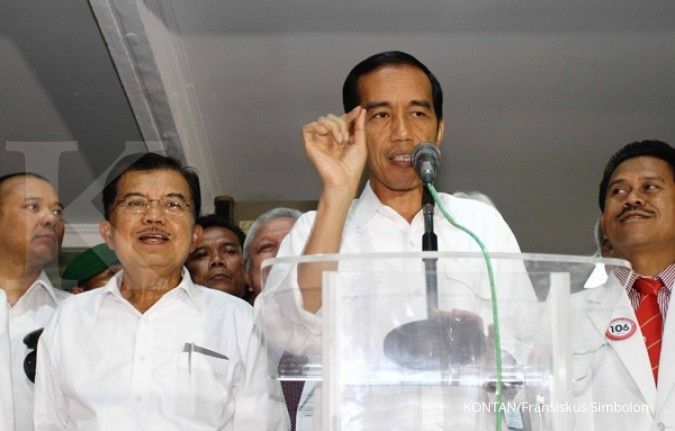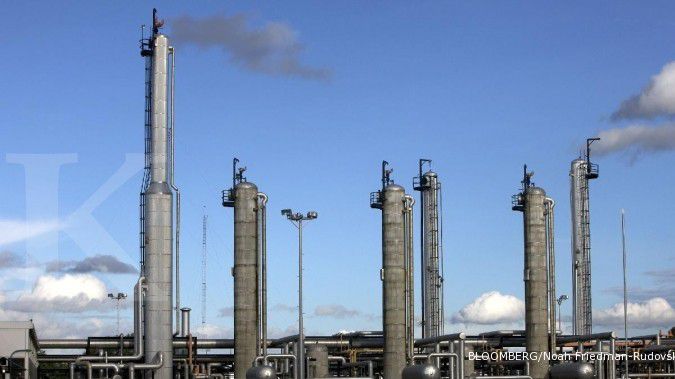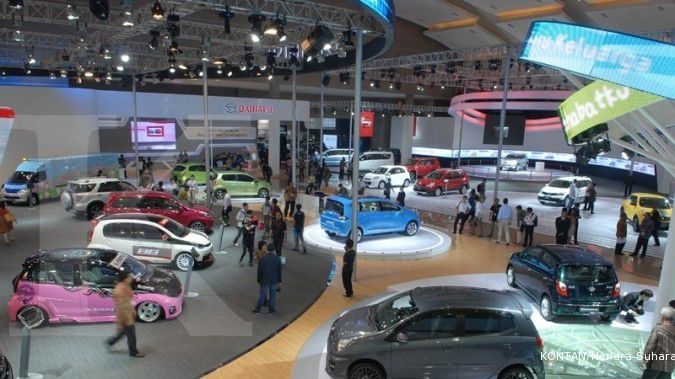JAKARTA. Java and Bali, the country’s economic hubs, are heading for an electricity crisis earlier than many had predicted as delays in the operation of several key power plants are expected to curb supply amid soaring demand by industry.
State power company PT PLN warned on Wednesday that the decline in the electricity reserve margin in the Java-Bali area would reach an alarming level in 2016, earlier than a previous forecast of beyond 2018.
PLN director for construction Nasri Sebayang said the reserve margin was currently hovering at 27 percent, already lower than the ideal level of 30 percent.
“The margin will continue to drop significantly as there is no significant supply from new power plants while demand keeps on rising at a rapid pace,” Nasri said.
According to the company’s projections, the margin in Java-Bali will plunge to 18 percent in 2015 and to 16 percent in 2016 and 2017.
Given such low margins, PLN might have to implement rolling blackouts.
“It’s going to be a crisis. We have to be careful as it will occur in 2016. We have 6,000 megawatts [MW] of power-plant projects that are supposed to be operational, but most of them have been delayed,” Nasri said.
The delayed projects, according to Nasri, include three coal-fired power plants with a combined capacity of 3,000 MW in South Sumatra — supposed to be on stream to supply Java in 2017.
Sluggish progress in the completion of the so-called high voltage direct current (HVDC) transmission network that connects Sumatra and Java is blamed for the delays in the plants’ operation. “The transmission has already been delayed for one year,” said Nasri.
Other delayed projects include a 2x1,000-MW coal-fired power plant in Batang in Central Java and a 1,000-MW coal-fired plant in Indramayu, West Java.
The delay in the Batang power plant, financed and operated by a consortium led by Japanese companies, has severely impacted future power supply in Java as its first phase of operation has been pushed back from its initial target of 2016.
Set to be Southeast Asia’s biggest power plant, the Batang project has long been stymied by land-acquisition problems.
Many of the country’s major infrastructure projects have run into the sand due to protracted land-acquisition procedures. Landowners have regularly held out, refusing to sell unless investors pay considerably inflated prices.
The Java-Bali electricity system had 31,456 MW in installed capacity as of the end of July.
Demand in the area is estimated to increase at more than 7 percent annually on growing expansion of manufacturing facilities, particularly in the cement, textile, consumer goods and automotive sectors.
Additional power supply for Java and Bali by 2016 will be limited to several projects, including the 2x350-MW Tanjung Awar-Awar power plant in Tuban, East Java, the 660-MW Adipala power plant in Cilacap, Central Java, and the 2x600-MW expansion of an independent power producer plant, also in Cilacap.
However, given the planned capacity, the supply cannot replace the delayed 6,000-MW projects.
The director general for electricity at the Energy and Mineral Resources Ministry, Jarman, said that the government had been prepared to anticipate a shortage of 2,000 MW supply due to the delays in the Batang project.
“We will expand the capacity of several power plants. This includes the expansion of the gas-fired plants in Muara Karang and in Tanjung Priok in Jakarta, which will have 800 MW in capacity each. Another one is the Muara Tawar plant [in Jakarta] with 400 MW,” he said.
He added that the expansion of the Cirebon power plant with a capacity of 1,000 MW would also contribute to additional supply. (Raras Cahyafitri)
Java, Bali to face power crisis soon
August 14, 2014, 10.03 AM
/2014/06/23/1967856393.jpg)
ILUSTRASI. Kenali 5 Gejala Kanker Darah yang Perlu Anda Waspadai
Source: The Jakarta Post
| Editor: Hendra Gunawan
Latest News
-
February 24, 2026, 03.38 PM
Eni to Reach Final Investment Decision for Indonesia Gas Projects Next Month
-
February 24, 2026, 01.00 PM
Asia Stocks Try to Steady after Wall Street Selloff Sims Mood
-
February 23, 2026, 04.50 PM
Wall Street Futures and Dollar Slide on Trump Tariff Tumult
-
February 23, 2026, 02.17 PM
Indonesia's Government Spending Jumps 26% in January 2026
-
February 23, 2026, 01.47 PM
Indonesia's Government Spending Jumps 26% in January
-
February 21, 2026, 06.00 AM
Indonesia's Pertamina to Maintain Bidding Process for US Energy Imports
-
February 20, 2026, 01.23 PM
Indonesia Secures 19% Tariff Deal with US, Palm Oil and Other Commodities Exempt
-
February 20, 2026, 08.33 AM
Indonesia, US Sign Agreement on Reciprocal Trade, Indonesian Ministry Says
-
February 19, 2026, 08.12 AM
Indonesia, Freeport Units Sign MoU to Extend Mining Permit beyond 2041
